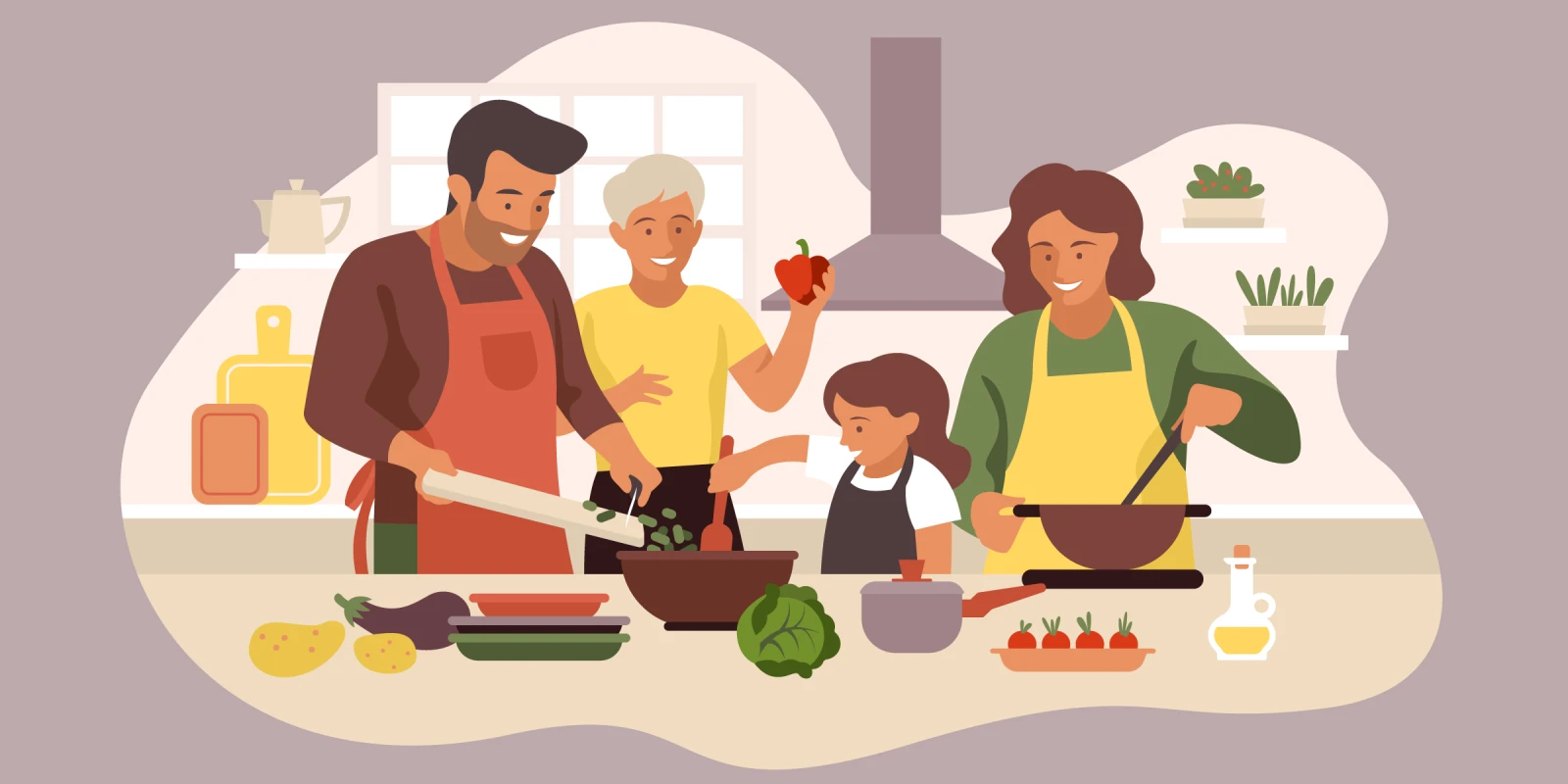“Thanks, Doc, we appreciate your help,” my father told his physician, firmly shaking his hand as the rest of our family began walking out the door. My face flushed and I held back tears that were gravitating toward the floor. The bright, sunny weather was eclipsed by my father’s prognosis.
I remember the details of that day as if they were ingrained within me — the memory of a calamity stirring the comfort of our home.
What would you do if you were told that you had two years left to live? What thoughts would run through your mind?
My father was diagnosed with hepatocellular carcinoma and Type 2 diabetes. Even more startling than his diagnosis was his prognosis: two years left to live. My valiant father was about to face his most critical journey yet. Silence dominated the air as we walked out of the doctor’s office, but not in my busy head. I refused to accept his prognosis.
I had completed my PA training a few weeks before that doctor’s visit, and from what I had learned, a journey with cancer is no easy task. On top of that, we were limited with treatment options.
So here I was, living with the dread of this new reality. Palms sweating and stress peaking, I moved ahead with what I knew how to do best: seeking information, in search of something that could recalibrate my father’s health.
On the fringe of this uncharted territory, and after digging through pages upon pages of scholarly articles, I came across what is known as the blue zone strategy. The concept of blue zones, based on the work of Pes and Poulain, were regions of the world where people lived the longest. A common thread in these areas was an emphasis on a plant-based diet and a healthy lifestyle to help prevent, manage, and even reverse chronic disease.
In one example, a physician, Dr. Ellsworth Wareham, who lived in the Loma Linda, California blue zone, continued his career in cardiovascular surgery until the age of 95, which he credited to his lifestyle. Two long-term studies of Loma Linda showed that the population had significantly lower rates of all-cause mortality and cancer incidence, as well as longer life expectancy with a higher quality of life compared with the general U.S. population, due in large part to their healthy lifestyle habits.
It is often our lifestyle habits that influence the strength of our body and immune system against the throng of pathologies and diseases working against them. According to the WHO, at least 80% of heart disease, stroke, and Type 2 diabetes can be prevented, and more than 40% of cancer can be averted with healthy lifestyle choices. Improvement of our diet alone has the potential to prevent one in every five deaths, thus making the shift to a plant-predominant eating pattern an even more powerful instrument for improvement in health, morbidity, and mortality than smoking cessation.
After discovering this information, I inquisitively questioned, “Would this really help my dad?” Our family weighed the possibilities. We figured it would not hurt to give it a shot. Even though there are only five blue zones in the world, all of them remote from us, we made our home a miniature sixth zone, adopting the appropriate lifestyle and panoply of recommendations.
Using the blue zone strategy, we armed ourselves with a whole food, plant-based eating pattern, emphasizing the consumption of fruits, vegetables, whole grains, legumes, nuts, and seeds. We increased our physical activity, with measures as simple as going for more walks with each other and our dogs. We made quality rest and sleep a priority, getting seven to nine hours of sleep each night and taking one day a week to rest from more demanding everyday activities. We engaged in purposeful work and found ways to manage stress, like having more family activities and going on camping trips. We surrounded ourselves with a supportive social circle of friends and family, and took medications when indicated.
As we waded through the depths of this health awakening, little did we know the significance and positive impact it would have on my family and, now, my patients. Since then, we have lost weight, improved our digestion, decreased our aches and pains, and increased our energy. Our health has seen a turnaround.
As for my father, he continues to outlive his prognosis. While he receives traditional treatments, his physicians are impressed by his recovery and his body’s response to cancer, including during a period of time when he was not on any treatment. His Type 2 diabetes is well-controlled with minimal medication. His energy and quality of life have skyrocketed.
In school, we were taught that lifestyle is the first-line treatment for many chronic diseases. The care you put into your body affects what you get out of it. Many medical societies promote lifestyle for the treatment of chronic disease. Yet in reality, are we practicing what we preach? A dose of lifestyle medicine can make a remarkable difference. I have seen and felt it myself. And so has my father and my patients, as well as those who have implemented a blue zone lifestyle.
It is time we get in the zone for ourselves, our families, and our patients. With the number of fatal yet preventable diseases looming and multiplying in our health charts, it could change our lives.
Rachel Mack graduated from Kettering College with a masters degree in Physician Assistant Studies. She is passionate about promoting health and wellness through the use of evidence-based lifestyle medicine — using diet and lifestyle to prevent, manage, halt, and in many cases even reverse disease. You can find her on social media: @TheLifestylePA.
Ricardo Chujutalli graduated from Loma Linda School of Medicine, received his masters degree in Business Administration in Healthcare Management from La Sierra University, and is pursuing a masters degree in Bioethics.
Image by Anastasiia Neibauer / GettyImages






